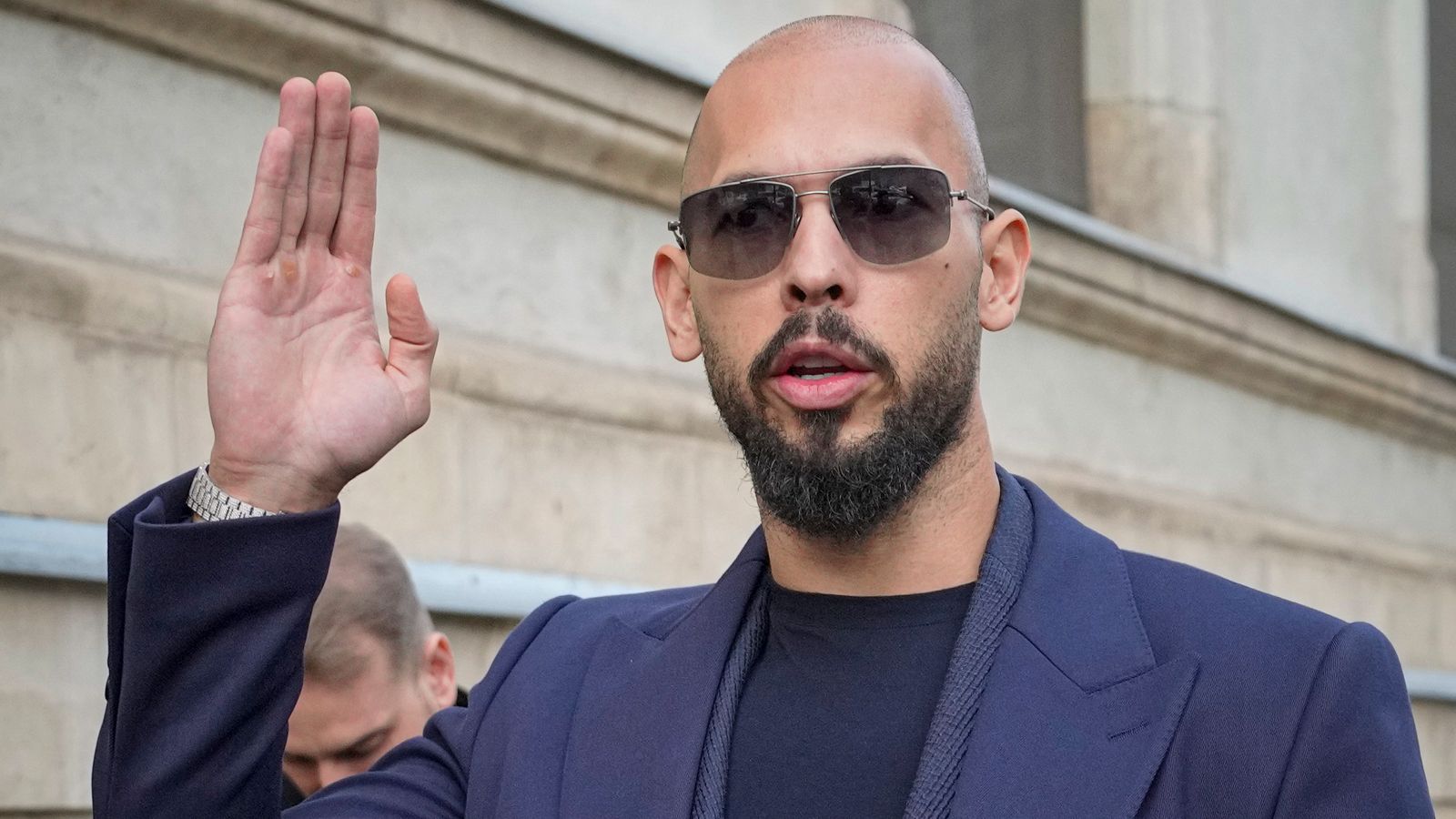Andrew Tate, a polarizing figure in contemporary culture, has navigated a complex and controversial career trajectory. From the disciplined world of professional kickboxing, where he honed his competitive spirit and physical prowess, Tate embarked on a second act as a digital media sensation. His transition from the fighting arena to the online stage was marked by a calculated and strategic cultivation of a larger-than-life persona. Through strategic self-branding and the adept use of social media platforms, Tate transformed himself into a symbol of wealth, success, and masculinity. However, this carefully constructed image has been accompanied by a torrent of criticism and controversy, as his outspoken views on various subjects have ignited heated debates and polarized opinions.
The Early Days: A Kickboxing Career
- Notable Achievements: As a professional kickboxer, Tate carved out a formidable reputation. He clinched multiple world and regional titles, showcasing his exceptional striking skills and unwavering determination in the ring. His aggressive fighting style and relentless pursuit of victory endeared him to fans and solidified his status as a rising star in the combat sports world. These achievements laid a solid foundation for his subsequent ventures.
- Foundation for Future Success: His kickboxing career instilled in him discipline, determination, and the confidence to command attention, qualities that would prove invaluable as he transitioned into the digital realm.
The Digital Transformation
- Cultivating a Brand: Tate strategically crafted an image of a successful, wealthy, and charismatic individual. Through social media, he flaunted a lavish lifestyle, showcasing expensive cars, opulent mansions, and a seemingly effortless existence.
- Promoting the “Alpha Male” Ideology: Self-proclaimed as an “alpha male,” Tate propagated a philosophy centered around dominance, wealth, and the pursuit of a hypermasculine lifestyle.
- Generating Controversy: His views, particularly those concerning women and relationships, sparked intense debates. Critics accused him of misogyny, promoting toxic masculinity, and encouraging harmful behaviors.
Success and Backlash
- A Massive Following: Tate amassed a loyal fanbase, primarily among young men, who were drawn to his seemingly unattainable lifestyle and his confident demeanor.
- Financial Success: Through a combination of online courses, merchandise, and other ventures, Tate amassed a significant fortune.
- Legal Troubles: Amidst his fame, Tate has faced numerous allegations, including human trafficking, sexual assault, and organizing a criminal group. These allegations have led to legal battles and investigations in multiple countries.
Societal Impact
- Negative Influence on Youth: Many expressed concern about Tate’s impact on young people, particularly boys and young men, arguing that his views could foster harmful attitudes towards women and relationships.
- Societal Division: Andrew Tate’s polarizing views have ignited intense debates across the globe, creating a stark divide within society. His supporters often cite his business acumen, his promotion of self-improvement, and his perceived authenticity as reasons for their admiration. On the other hand, his detractors vehemently criticize his misogynistic remarks, his promotion of toxic masculinity, and his alleged involvement in harmful activities. These opposing viewpoints have fueled online battles, cancel culture debates, and real-world protests, highlighting the complex and often contentious nature of contemporary discourse.
- Challenges for Social Media Platforms: Platforms like YouTube, TikTok, and Facebook have faced challenges in moderating content related to Tate, striving to balance free speech with the need to protect users from harmful content.
Andrew Tate’s rise to prominence is a stark illustration of the transformative power of social media. By skillfully curating an image of wealth, success, and masculinity, he captivated millions, particularly young men. However, the allure of his online persona belies a more troubling reality. Tate’s controversial rhetoric, often bordering on misogyny and toxic masculinity, has raised serious concerns about the potential negative impact on his followers. His story serves as a cautionary tale about the dangers of uncritical consumption of online content. It highlights the urgent need for media literacy and critical thinking skills to navigate the complex and often misleading landscape of the digital age.


